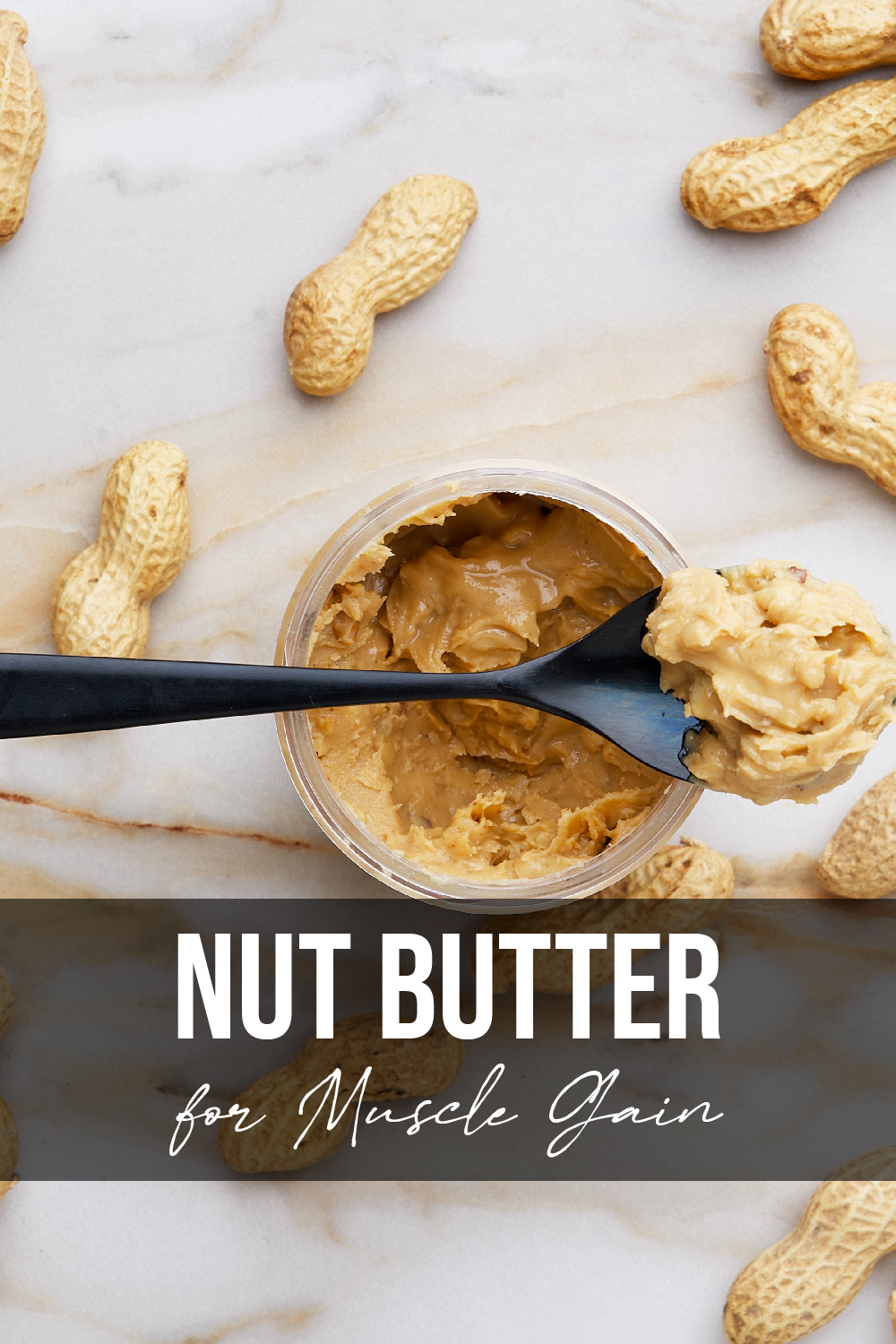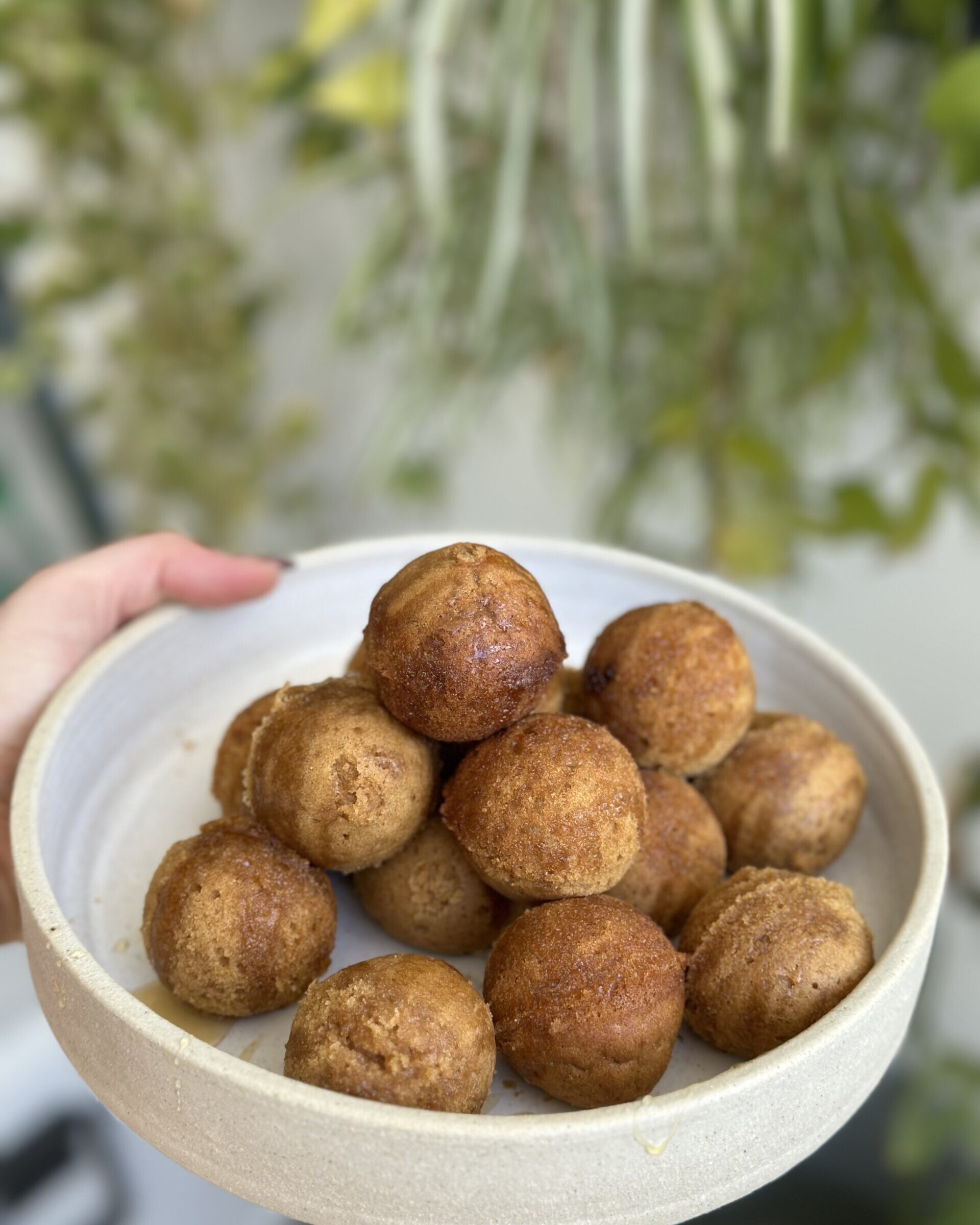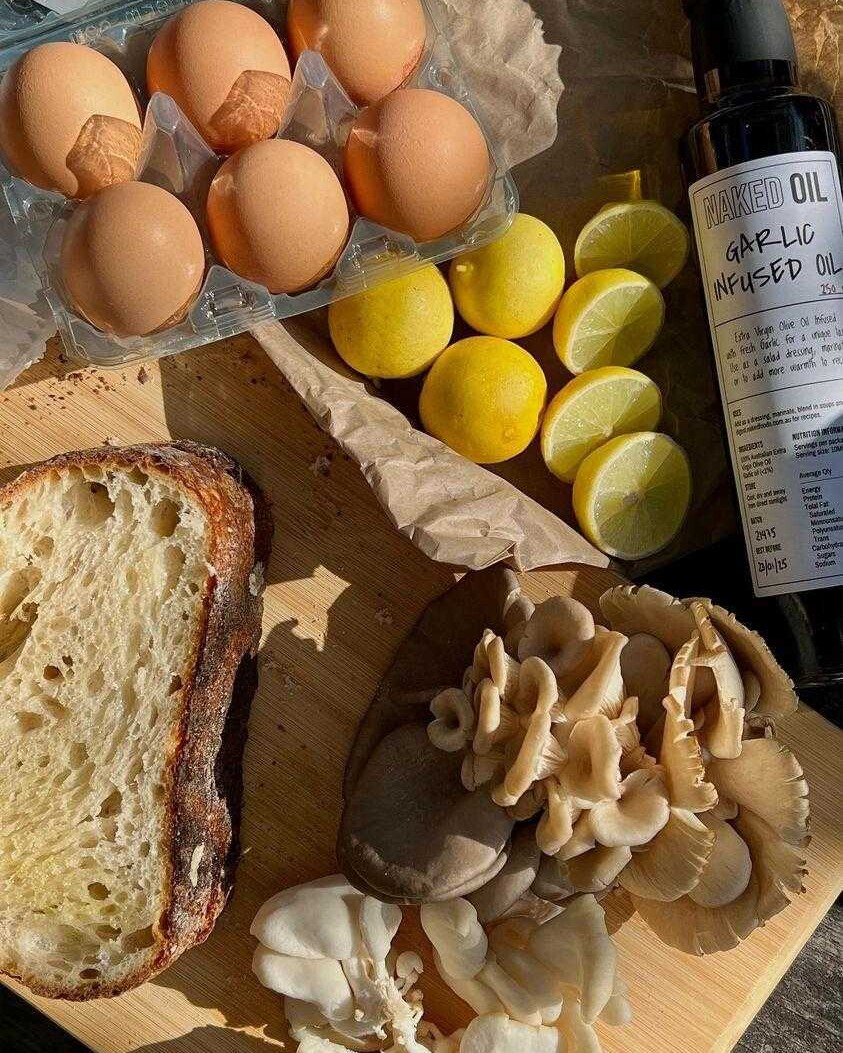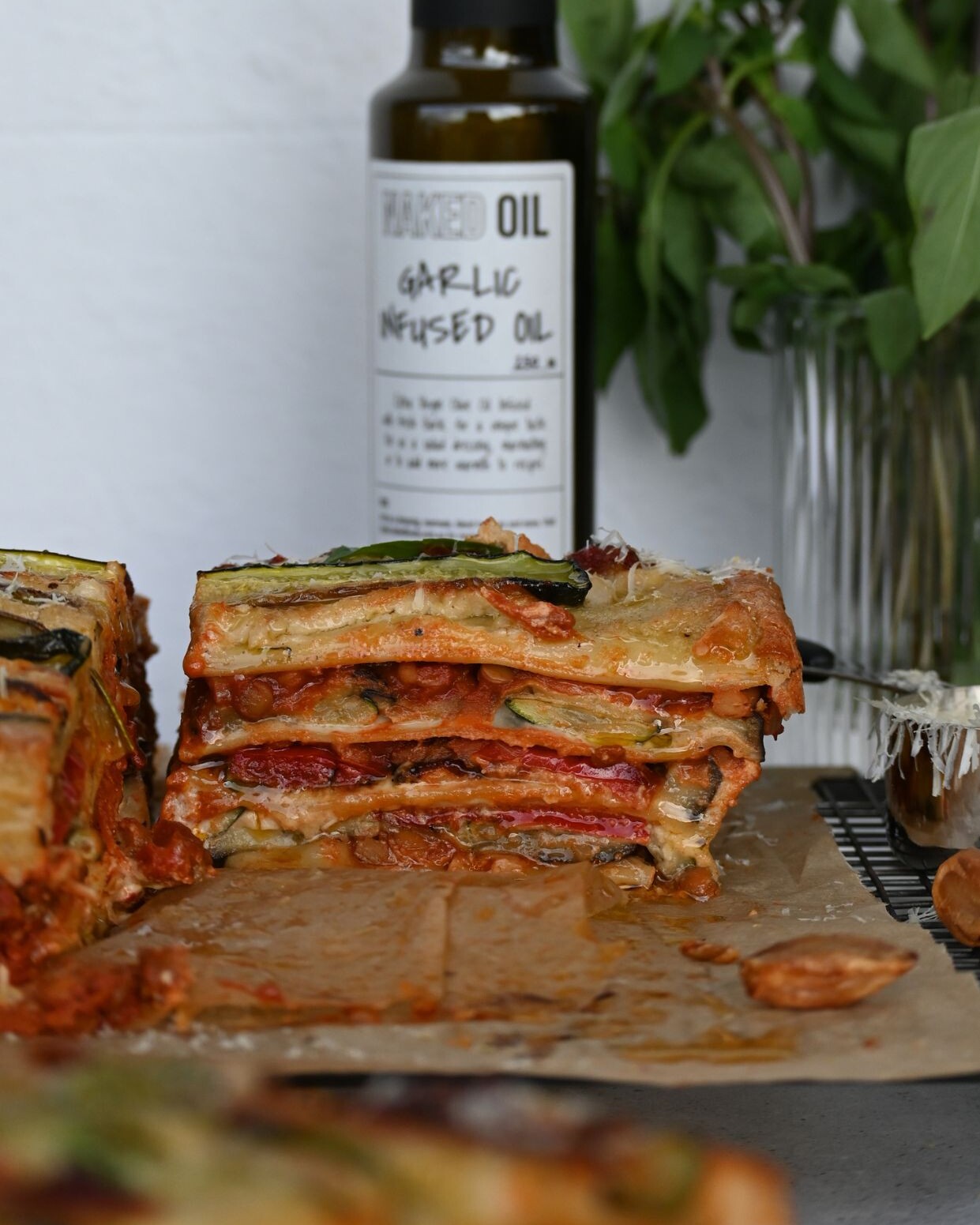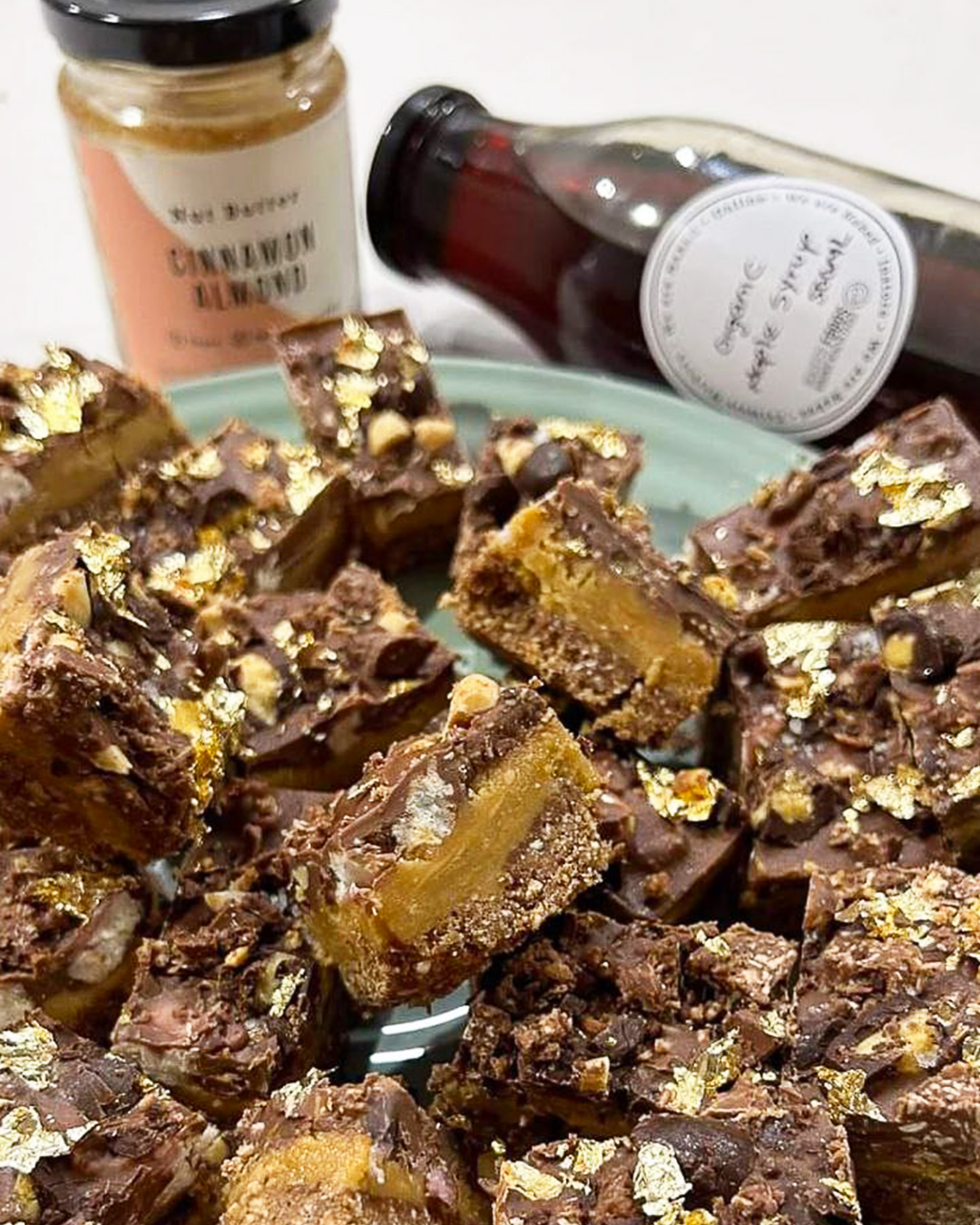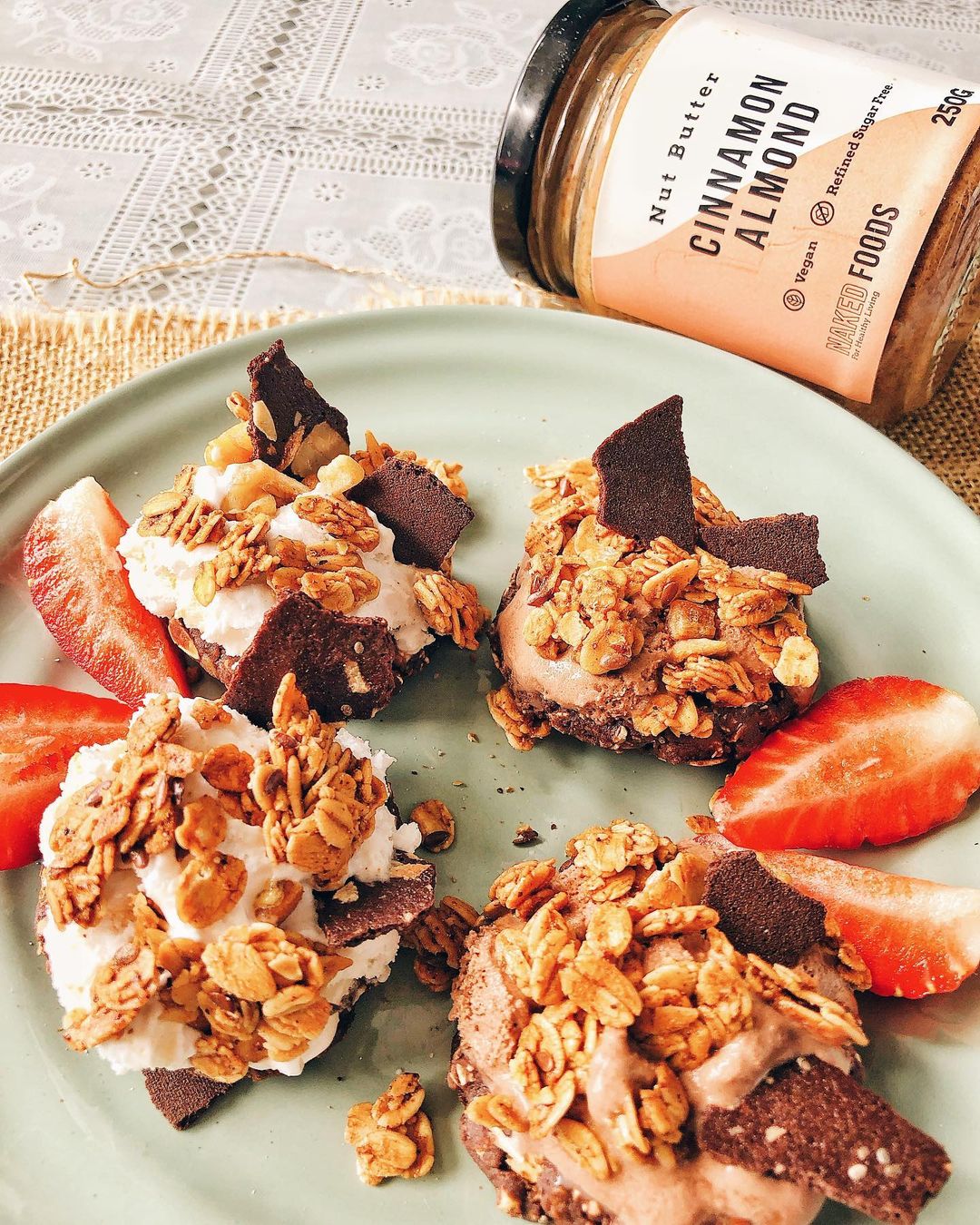If you’re here, you’re probably one of us trying to find the next best protein powder or protein shake. After all, being a bodybuilder or an athlete is tough! It takes time and dedication to build the strength and endurance to lift heavy weights or perform at your peak in sports. To maximize our energy and fuel levels, we need something that will give us a boost in the gym—something that will help us focus and gain. And for some of us, too much animal protein isn’t always the best choice.
Plant-based or vegan diets have become more popular among athletes recently, but some critics question whether plant-based protein alone can provide what the body needs to build muscle. Protein helps repair and restore muscle tissue, so it’s a vital component of any muscle-building regimen. When you gain muscle, you engage in rigorous workouts to build strength. Building strength involves tearing your muscles and having protein help repair those tears. In short, NO PROTEIN = NO MUSCLE REPAIR = NO MUSCLE GAINS.
What is plant-based protein?
Plant-based protein is a dietary source of protein derived from plants. Plant proteins tend not to be complete proteins, meaning they are missing at least one of the essential amino acids compared to animal proteins. Consuming other plant-based proteins will help you meet your daily protein requirement. These essential amino acids are fundamental for muscle repair, growth, and overall health.
Animal vs. Plant-Based Protein
Animal proteins are concentrated protein sources with some fat and minimal carbohydrates. In contrast, plant proteins typically contain moderate levels of protein with some fat and higher levels of carbohydrates. Animal protein contains all the essential amino acids your body needs to function effectively. In contrast, plant protein lacks one or more essential amino acids the body needs. Although plant-based proteins like soy are very close to being complete, Two essential amino acids are found in small amounts, so we cannot compare them to animal proteins.
Advantages of Plant-Based Proteins
Plant-based protein, especially that comes from whole foods sources, have high amounts of fiber that helps with:
– Lower risk of cardiovascular disease
– Decrease the risk of certain types of cancer
– Help with weight management
Choose whole foods over processed food for plant-based protein because whole foods contain more fiber, vitamins, and minerals than processed options. Knowing where you get your products is always important when shopping for whole foods. It’s good to prioritize local products for their freshness. Naked Foods will only purchase organic products through a supplier that complies with Australia Organic Certification (ACO) or NASAA (Australia and international organic certified). These certifications are one of the world’s strictest.
Best Nut Butter for muscle recovery and muscle gains
Organic Peanut Butter
For every two-tablespoon serving:
– 191 calories
– 7 grams of protein
– 7 grams of carbohydrates
– 16 grams of fat
Organic peanut butter is rich in plant-based protein, essential for building and repairing muscle tissues. It is high in healthy monounsaturated fats, which can help lower LDL cholesterol and reduce inflammation. Organic peanut butter provides a handful of vitamins and minerals to the diet, like niacin, folate, vitamin E, magnesium, zinc, and iron. Because of its creamy texture and sweet taste, it is one of the most popular add-ons to whey protein shakes.
Check out this peanut butter banana bread bliss balls recipe. High in protein, super easy to make, and fuss-free.
Organic Almond Butter
For every two-tablespoon serving:
– 196 calories
– 6.8 grams of protein
– 6 grams of carbohydrates
– 18 grams of fat
Organic almond butter is made from our unsalted dry-roasted almonds. It contains 60 milligrams of calcium per tablespoon, which is 5% of your daily allowance. Organic Almond Butter helps control blood sugar and insulin levels after eating. The magnesium in almond butter can also help increase insulin sensitivity. The butter contains more vitamin E than other nut butter. It reduces the risk of diabetes, is low in sodium and cholesterol free, and has high levels of iron and other minerals. Looking for a guilt-free treat? Try this Vegan Chocolate Slice. It’s vegan, gluten-free, and dairy-free and pairs well with almond butter.
Organic Cashew Butter
For every two-tablespoon serving:
– 180 calories
– 5 grams of protein
– 8 grams of carbohydrates
– 15 grams of fat
Organic cashew butter is a healthy alternative to other nut butter, containing the same nutrients as other nuts. Cashews have a lower fat, protein, and calorie content than other nuts but are rich in vitamins and minerals that may aid muscle recovery. Research suggests that eating cashew butter can increase HDL cholesterol levels, contributing to a healthy heart by lowering bad cholesterol.
Get your energy up with this Golden Spiced Salted Caramel Cashew Butter Cups recipe using organic ground coffee and organic cashew butter.
- Tahini Butter
For every two-tablespoon serving:
– 178 calories
– 5.22 grams of protein
– 6.45 grams of carbohydrates
– 15.9 grams of fat
Tahini butter is made from ground-up sesame seeds. It contains a good amount of healthy fat and excellent protein and is loaded with phytonutrients. Phytonutrients contain antioxidants and other helpful compounds that help to protect your cells and clean up free radical damage. Tahini Butter is also a great source of methionine. This amino acid is good for everything from depression to preventing grey hair.
The benefits of plant-based proteins for muscle gain are clear. Organic nut butter or other organic plant-based products can make up for animal protein substitutes. We must remember that we may get good protein and high amounts of nutrients from plant sources. It is always best to consume various plant-based products from certified whole foods sources to meet your daily protein requirement.
Want to try some new flavors of organic nut butter? Naked Foods offers chocolate hazelnut, matcha almond, cinnamon almond, and strawberry almond varieties. They’re fresh and refined sugar-free.
Disclaimer:
The following sources and information can be found online Fat Secret, Healthline, Plant-based health professionals, Bodybuilding, and more.

